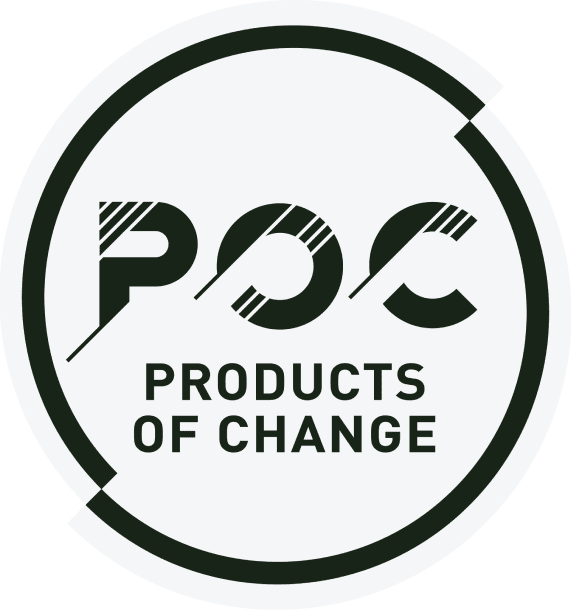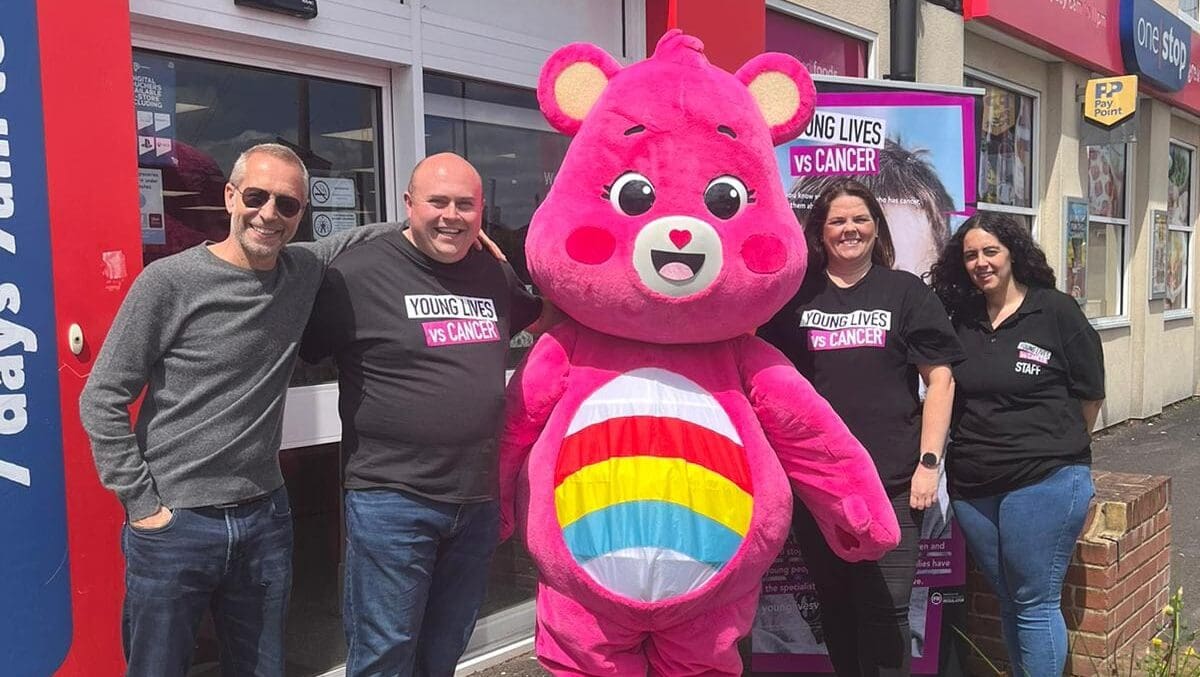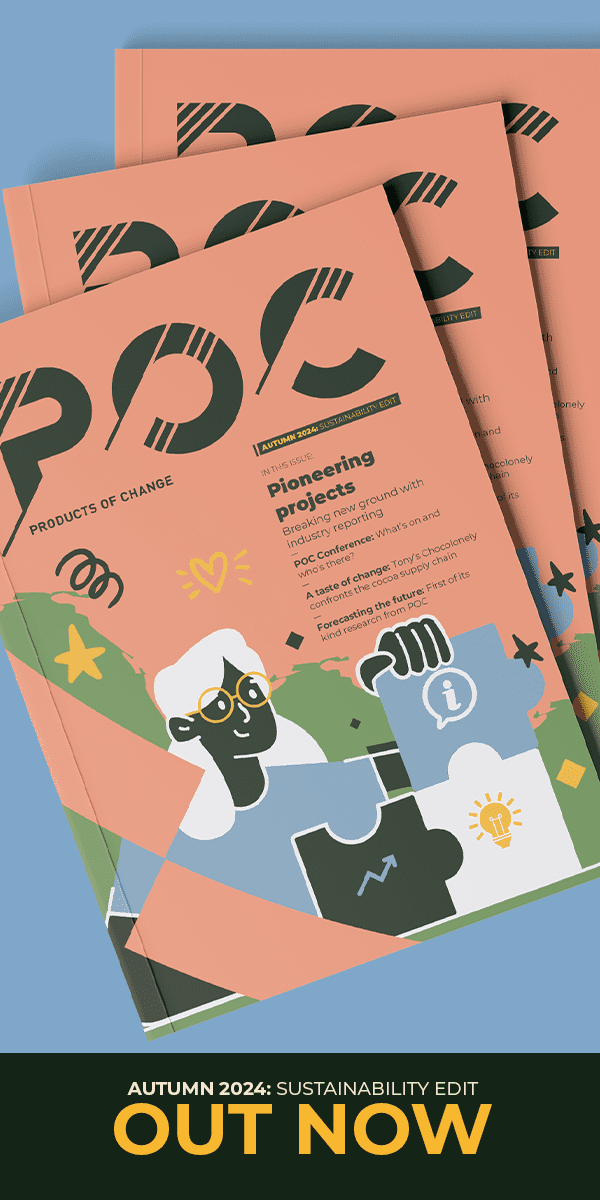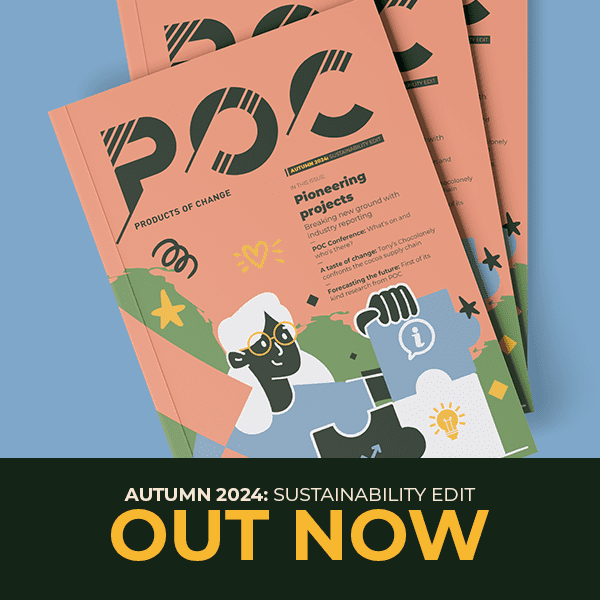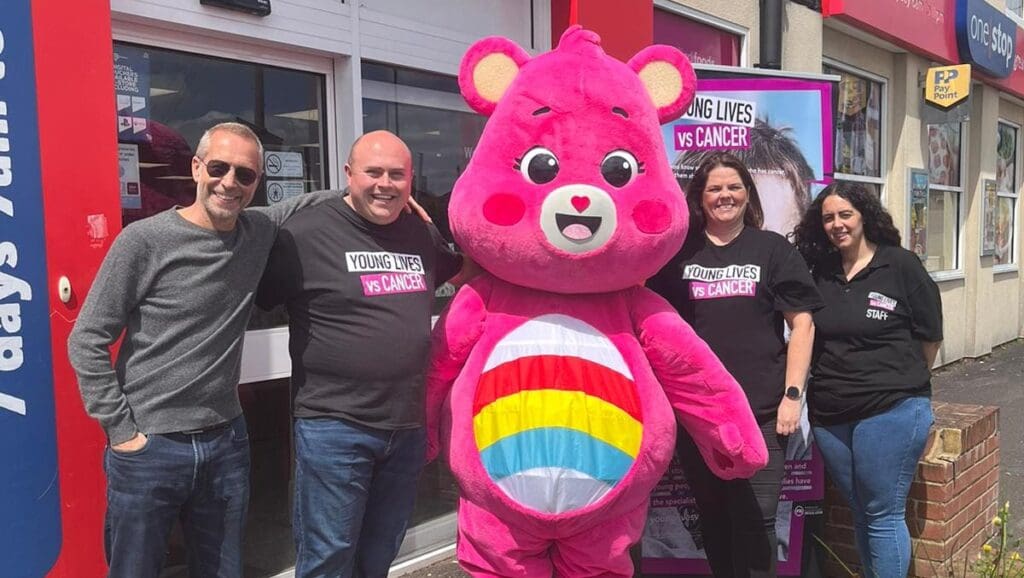As changing legislation, the need for industry innovation, and sustainability pressures mount, at Products of Change we believe the solution and the opportunity lies in collaboration. Whether that be cross-industry work facilitated by POC and its network, or between charities, retail and licensors to enable the greatest impact, something Louis Kennedy specialises in.
Louis Kennedy recently conducted a survey across its retail, licensor and charity partners to understand what it is that makes partnerships successful. POC caught up with Tracey Richardson, director of licensing & partnerships at Louis Kennedy about one if its most successful partnerships between OneStop, Care Bears, and Young Lives vs Cancer.
Tracey also spoke out the Products of Change Conference last November and unveiled the results of Louis Kennedy’s survey, conducted with VITAL Insights, which specialises in independent research.
“I think my job has almost been done for me today because so many of you have talked about partnerships,” Tracey began, collaboration being an overarching theme at this year’s Conference.
“We spoke to retailers and brands, charities and good causes, and licensors, about what are the things that they see are really important,” said Tracey, since all the partnerships are triangular between these parties, with each perspective as crucial as each other.
What the partners prioritise
From the retailer and brand perspective, the findings were that alignment with company values and strategic goals was most key for successful partnerships, as it in turn allowed alignment with brand values. Next was customer engagement; capturing hearts and minds of customers increased their loyalty. And thirdly was employee engagement enhancing staff interaction with the partnership and providing them with a sense of purpose for the campaign. For this, Tracey drew the example of the Care Bears, One Stop and Young Lives for Cancer partnership: “We’ve seen that it is staff in the stores driving customers to buy merchandise to support what they call ‘our’ charity.”
Tracey then turned to the feedback from their charities and good causes. For them, support and collaboration from business partners was the top scorer, with 100% of respondents selecting that option. Charities see it as so important that there is a partnership with and involvement of the staff at the retail location.
This was closely followed with a score of 93% by innovation and new initiatives. “This really speaks to a long term relationship that grows between the charity and the brand for creativity and longevity,” explained Tracey.
Finally, with 86% was business partner resources and champions. “This is particularly relevant to retailers,” said Tracey, “front facing staff in stores bridge the gap to the customers and help to generate interest.
Licensors had a similar take to retailers. Customer engagement was considered the most important with 91%, revealing it as a top priority. Next was capturing public imagination with a story at 82%. And then the commercial benefits, also with 82%. This means increasing the consumer spend and making it a financially beneficial partnership for the licensors.
“Care Bears pin badges are on sale in a thousand OneStop locations across the country because it is partnered with Young Lives vs Cancer,” revealed Tracey, and in doing so has built the brand and consumer awareness and loyalty.
Findings across the board
Overall findings across all respondents surveyed, found that there was an essential importance of authenticity, which, Tracey noted is her “obsession every working day,” so is pleased to see that is agreed with by the partners.
There was also favour for long term over one off campaigns. This allows the partnership to develop interesting relationships and add more partners and events into promotion, speaking to the importance also of creativity and storytelling.
It was noted that challenges with resource allocation can be a hold up. “To make something successful, there needs to be some investment in the staff and clear communication about why it is doing the charity partnership and how it fits with your brand,” explained Tracey.
The survey found a significant push towards innovation and how campaigns can evolve and become sustainable in the long term. “ This reflects impact over income,” said Tracey, “it’s not just about how much did the partnership make but what impact did it have on the community?”
Respondents across the reports indicated that successful campaigns often require a flexible approach. Being able to adapt to changing circumstances, audience preferences, or unexpected challenges was seen as critical.
Overall, they emphasise the importance of relationships, creativity, authenticity, and strategic thinking in creating impactful and sustainable campaigns.
For more information about Louis Kennedy and its partnerships, visit louiskennedy.com.
